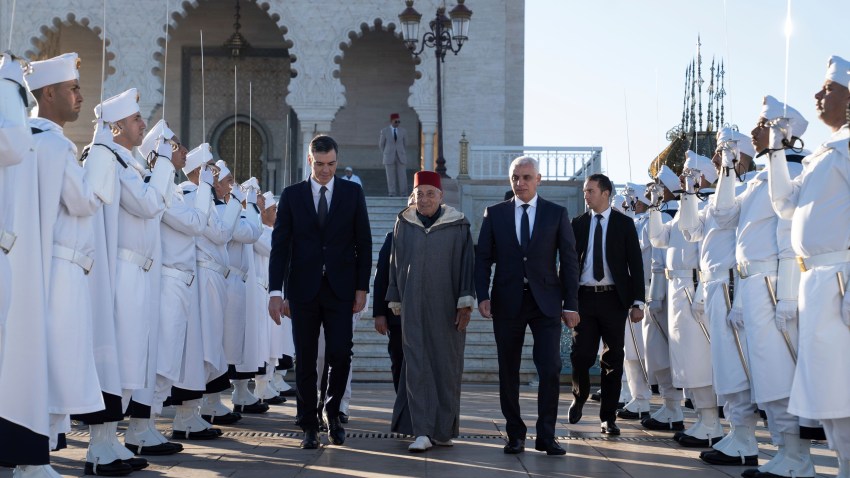Last month, Spanish Prime Minister Pedro Sanchez led a delegation of 12 government officials to Rabat for a meeting with their Moroccan counterparts. The summit, which was the first between the neighboring countries in eight years, was an effort to mend relations between Madrid and Rabat, amid tensions that have deepened in recent years over territorial issues, migration and human rights.
But the timing of the summit could not have been more awkward, as it took place just days after the European Parliament adopted a nonbinding resolution that condemned Rabat for deteriorating conditions of “freedom of expression and media freedom” in Morocco. It went on to urge Moroccan authorities to provide “a fair trial with all due process guarantees” to three imprisoned journalists: Omar Radi, Taoufik Bouachrine and Soulaiman Raissouni. All three have been subjected to prolonged and unfair trials, as well as trumped-up charges including espionage, rape and other sexual offenses.
European parliamentarians from Spain’s ruling Socialist Workers Party, or PSOE, were instructed by Madrid to vote against the resolution, and they were the only members of the EU Parliament besides MEPs from France’s far-right National Rally party to do so. One of the Spanish lawmakers, Juan Fernando Lopez Aguilar, defended the “no” vote by arguing that “Morocco is a strategic partner … if toads must be swallowed, they will be swallowed.”

